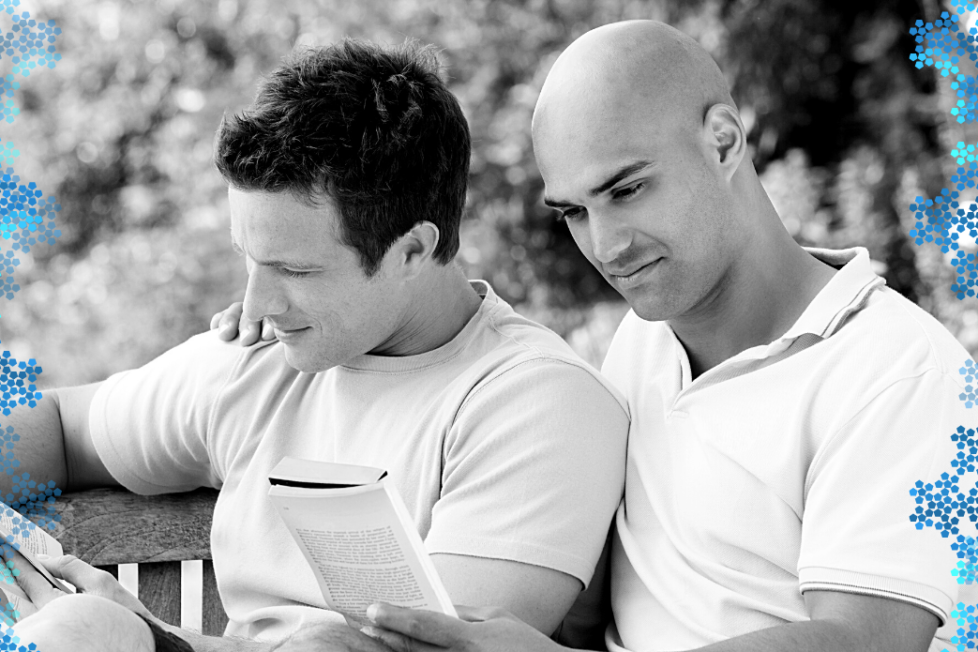Survey aims to determine economic impact of COVID-19 on LGBTQ community
Members of the LBGTQ community could be disproportionately affected by the pandemic, experts warn.

The Human Rights Campaign (HRC) in the U.S. has released a report highlighting how the COVID-19 pandemic is impacting the livelihoods of members of the LGBTQ community. Compiled in collaboration with PSB Research, the findings suggest LGBTQ people are more likely to have had their hours cut and are more likely to worry about their financial stability when compared to the general population.
The report also finds members of the LGBTQ community are more likely to trust the advice of scientists.
“It is unfortunately not surprising to see that the LGBTQ community is facing adverse economic impacts due to the COVID-19 pandemic,” HRC President Alphonso David said in a statement.
“This new data bears out our initial predictions that LGBTQ people were likely to face greater economic hardship, and is more proof that the most marginalized communities are the most at risk.
“We have seen the health impact of this virus on communities of colour, and we now have the data to show how the LGBTQ community is struggling. For those of us at the intersections of these identities, it is even more profound. We must take this moment to fight for the resources to ensure that communities most impacted can weather this storm.”
The data, which is the result of a poll of 1,000 U.S. adults conducted by PSB research between April 15-16, 2020, found that:
Job insecurity is just another example of how the COVID-19 crisis stands to disproportionately affect marginalized groups.
Last month, Rohit K. Dasgupta of Loughborough University wrote about how the crisis is forcing some members of the LGBTQ community to isolate in unsupportive households.
“While the crisis has raised significant concerns for everyone, it has brought additional barriers for LGBTQ people, especially those coming from BAME [Black, Asian & minority ethnic] backgrounds who face disproportionate levels of homelessness.
The crisis has created an unprecedented situation which has seen many LGBT people isolated without any support structures. Several BAME LGBTQ people I have spoken to … have told me of their dread at having to move away from their families of choice – and sometimes back into old, hostile situations – as they are forced into isolation.”
